what is rsv in babies covid
Respiratory failure may be more serious in RSV positive infants and RSV infection may be more dangerous for the neonatal period. Experts explain the symptoms and differences of these contagious viruses on the rise right now.

How To Recognize The Warning Signs Of Rsv Allergy Asthma Network
Adults are also more likely to have serious symptoms from.

. For the vast majority. In infants and the elderly the symptoms can be more severe. Prophylaxis is available for children who qualify.
For more information contact your health care. The newest one is the virus that causes COVID-19. RSVor respiratory syncytial viruscauses an upper respiratory infection.
And for kids who are toddler-age and older symptoms tend to be mild like a common cold. RSV is caused by the respiratory syncytial virus. One of the many acronyms you might have come across while parenting your lovebug is RSV.
RSV is a contagious virus thats spread just like the common cold often between October and April. What is RSV. Respiratory syncytial virus RSV is a common respiratory virus that usually causes mild cold-like symptoms.
Congestion or runny nose. What Are the Symptoms of RSV in Babies. In adults and older children RSV is typically a mild illness very similar to the common cold.
Kids with severe bronchiolitis caused by RSV are usually admitted to the hospital for supportive care like oxygen and intravenous IV fluids. Infections are most common during the winter and typically affect children under two years of age. In cases with suspected COVID-19 infection it should be kept in mind if atelectasis is seen on chest radiography.
People over the age of 50 or those with heart or lung disease are also at risk for complications and they can catch RSV from babies toddlers and older kids. It can spread to the lower respiratory tract causing pneumonia or bronchiolitis. Newborns can get COVID-19 during childbirth or by exposure to sick caregivers after delivery.
If you have COVID-19 or are waiting for test results due to symptoms during your stay in the hospital after childbirth wear a well-fitting face mask and have clean hands when. What to Know About This Contagious Virus. At the moment there is little data.
Reports of kids developing both a respiratory syncytial virus RSV infection and COVID-19 have increased in recent weeks in. A hospitalization rate much higher than for either virus alone according to officials. At Texas Childrens Hospital in Houston on Thursday 25 of 45 hospitalized pediatric patients were diagnosed with RSV as well as COVID-19.
What is RSV in babies. Symptoms in babies present as Covid as parents warned of winter virus surge. If you or a loved one are aged 60 you may be eligible to join a RSV vaccine trial.
This is different from adults who can sometimes get RSV infections and not have symptoms. Most kids have had the virus by the time they turn 2. A little-known disease called RSV with symptoms similar to a cold and elements easily mistaken for Covid puts thousands.
The CDC reports it can be life-threatening in infants and young adults. In very young infants less than 6 months old the only symptoms of RSV infection may be. However babies 1 year and younger are much more susceptible to serious illness.
RSV is a common respiratory pathogen so common in fact that nearly all of us are infected with it by the age of two. In children with suppressed immunity the mortality rate is higher about 60 percent. Respiratory droplets are tiny sprays of water that come from your nose or.
RSV infection can be more serious in the neonatal period. RSV symptoms range from mild to severe and commonly include. RSV is a common respiratory infection in young children that usually occurs in winter but this year it has been spreading during the summer.
It spreads when a cough a sneeze or even a loud conversation sends respiratory droplets flying through the air. Young children and older adults especially those with certain underlying health conditions are at higher risk for severe illness from RSV. It usually shows up as a mild cold and lasts for five to seven days.
RSV spreads much like COVID-19. For children younger than 1 year RSV is the most common cause of bronchiolitis and pneumonia. Ad RSV is a respiratory virus that can maybe lead to hospitalization or death in those 60.
In healthy children the reported mortality rate is about 05 to 17 percent. Presence of severe underlying comorbidities such as neuromuscular. Respiratory syncytial virus RSV is a very common respiratory illness that can present with a runny nose fever wheezing and a cough.
Link is external a highly contagious virus that can infect children and adults. Bronchiolitis is a lung infection thats usually caused by the respiratory syncytial virus RSV which produces swelling and mucus production in the small breathing tubes of your childs lungs. Almost every child will get RSV by the age of 2 and for the majority of babies the illness is mild with symptoms lasting for about one or two weeks.
Respiratory syncytial virus or RSV is a viral infection common in children. You can contract RSV if you get these droplets into your nose eyes or. Babies under age 1 might be at higher risk of severe illness with COVID-19 than older children.
Apnea pauses while breathing. It spreads between babies children and older people in respiratory droplets similar to the way coronavirus and influenza spread. It may cause a cough or cold but for some it can lead to bronchiolitis an inflammatory infection of the.
RSV is common in babies and children. Trouble breathing or rapid breathing. There are vaccines and treatments specifically for COVID-19 but none for RSV.
The mortality rate of RSV in babies depends on the immunologic status of the child which resembles the following. Through droplets stemming from coughing sneezing kissing and more according to the CDC. Infants who get an RSV infection almost always show symptoms.
Though COVID-19 can affect children adults make up most of the cases diagnosed so far. RSV is very contagious. What is RSV and bronchiolitis.
Almost all will have had it by the time they are two. Symptoms of RSV usually come in stages and can include but are not limited to. Sometimes making sense of your kiddos health can feel a little like wading through alphabet soup.
The bottom line. RSV is a seasonal virus that primarily affects children and its really common. In infants RSV can cause pneumonia or bronchiolitis an inflammation of the small airways in the lungs.

Rsv Respiratory Syncytial Virus Symptoms Causes Treatment Everyday Health
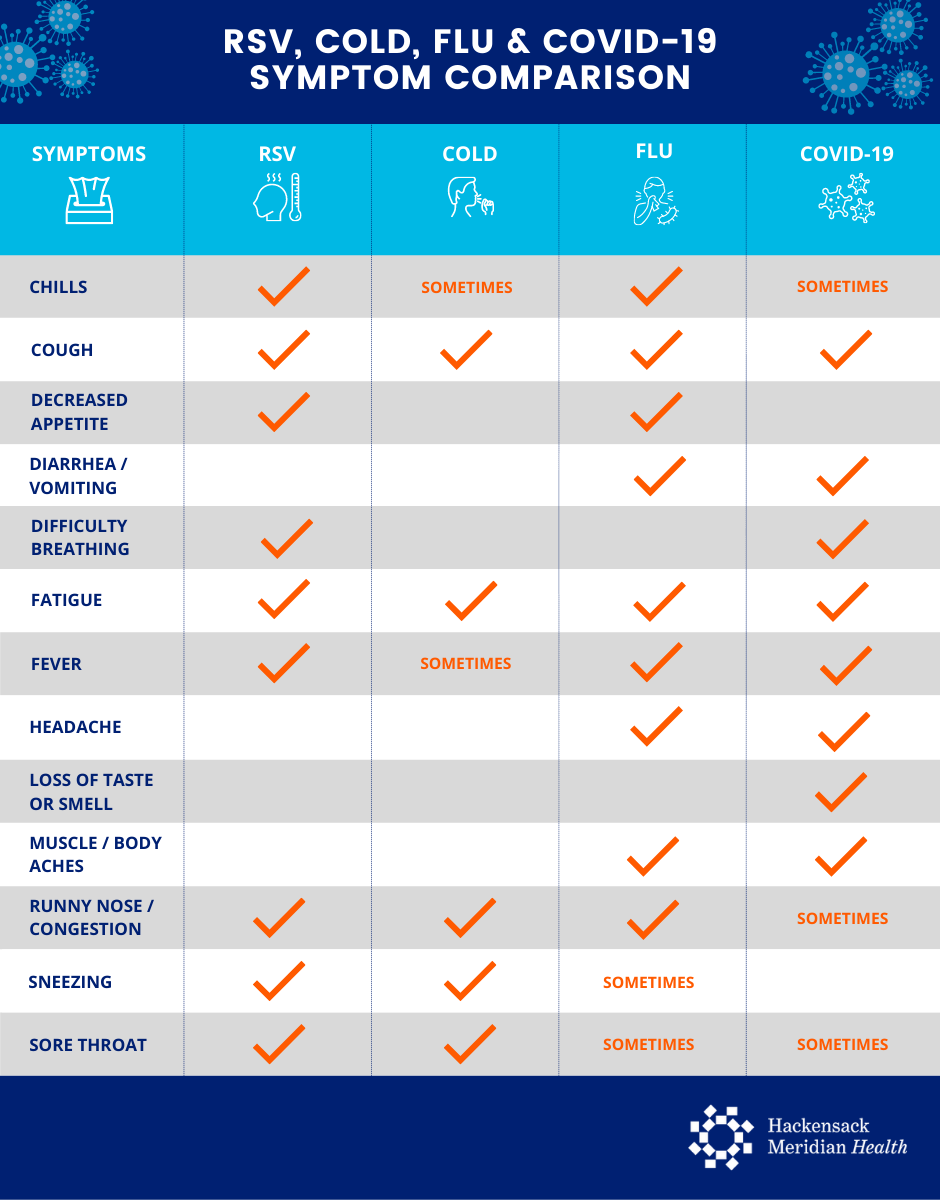
Rsv Cold Covid 19 Flu How To Id Common Kid Bugs
/cloudfront-us-east-1.images.arcpublishing.com/gray/FWAOGGYBHRHWPNYGWUCTQ7DKLY.jpg)
How To Tell The Difference Between Rsv And Covid 19

Bronchiolitis And Rsv After Hours Kids Pediatric Clinic
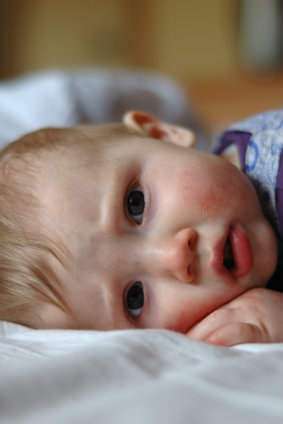
10 Things Every Parent Should Know About Rsv Respiratory Syncytial Virus Montreal Children S Hospital

Rsv Respiratory Syncytial Virus Symptoms Causes Treatment Everyday Health
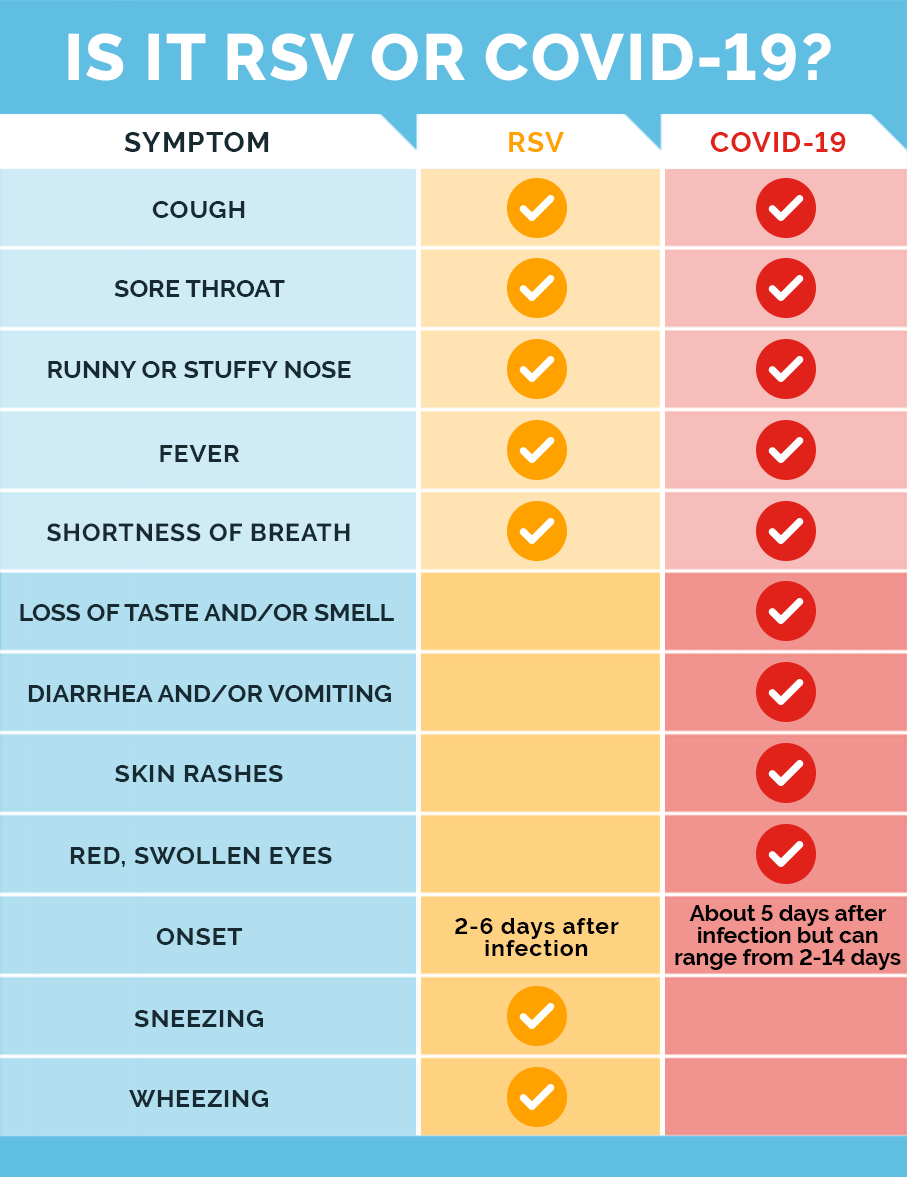
Why Is Rsv On The Rise This Summer

Bronchiolitis And Rsv After Hours Kids Pediatric Clinic

Omicron Faqs Is The New Variant More Of A Risk To Infants And Toddlers What About Vaccinated Kids Connecticut Children S

Patient Education Bronchiolitis And Rsv In Infants And Children Beyond The Basics Uptodate
Addressing The Recent Rise In Rsv Cases

Rsv Cases Surging What Parents Should Know Cobb Pediatrics

Viral Concerns Keep Your Children Safe From The Rsv Virus Lee Health
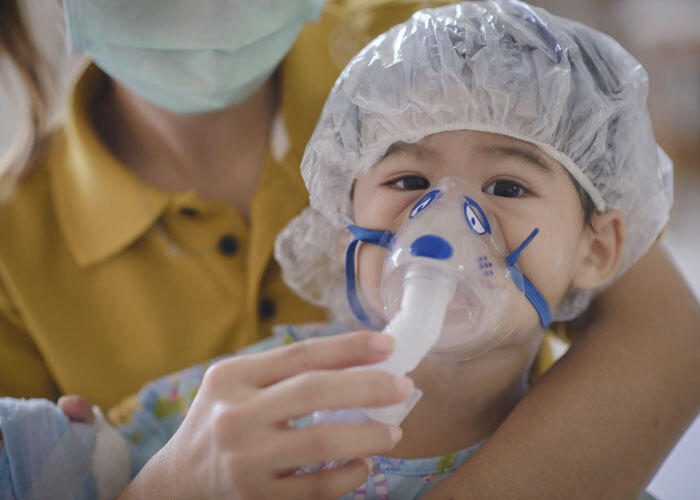
Rsv In Babies Symptoms Prevention Resemblance To Covid 19
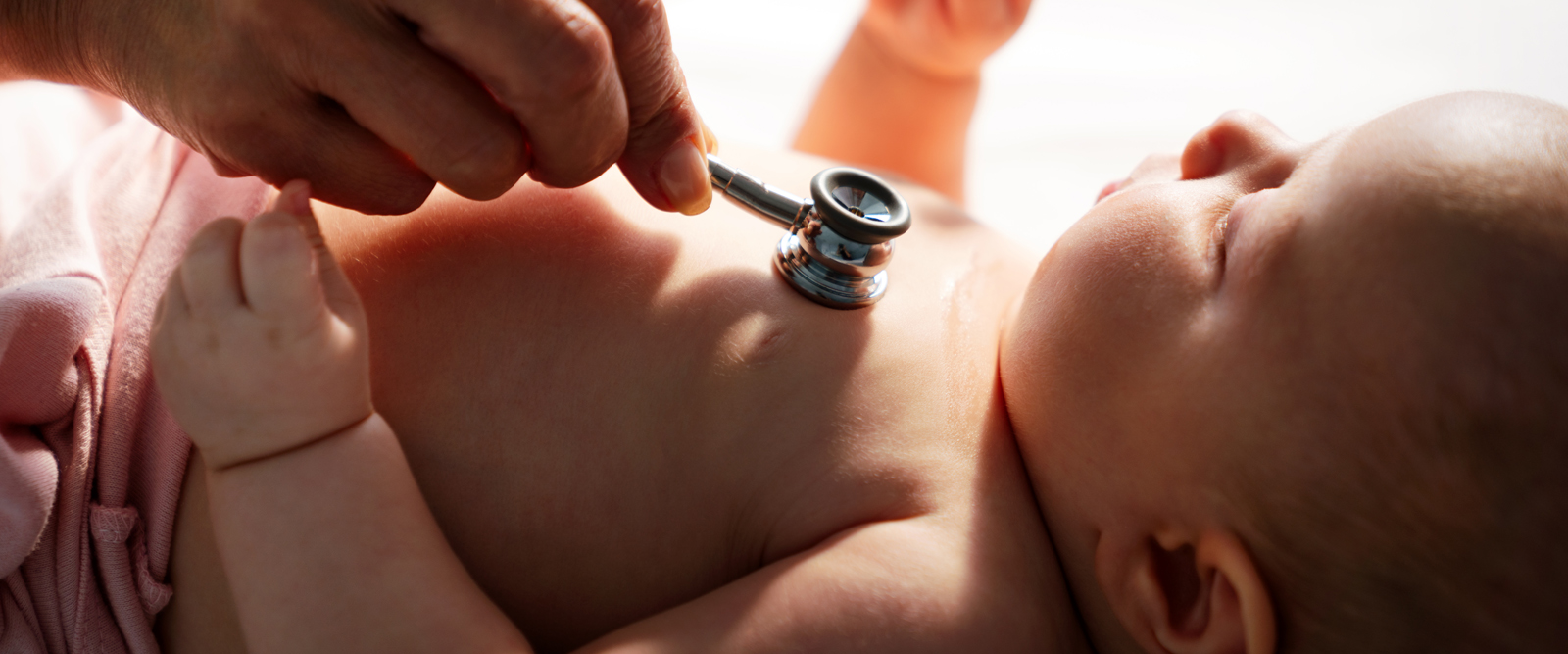
Why Is Rsv On The Rise This Summer
/cloudfront-us-east-1.images.arcpublishing.com/gray/FWAOGGYBHRHWPNYGWUCTQ7DKLY.jpg)
How To Tell The Difference Between Rsv And Covid 19

The Medical Minute What Parents Need To Know About A Rise In Rsv Penn State University

Respiratory Syncytial Virus Rsv National Foundation For Infectious Diseases
